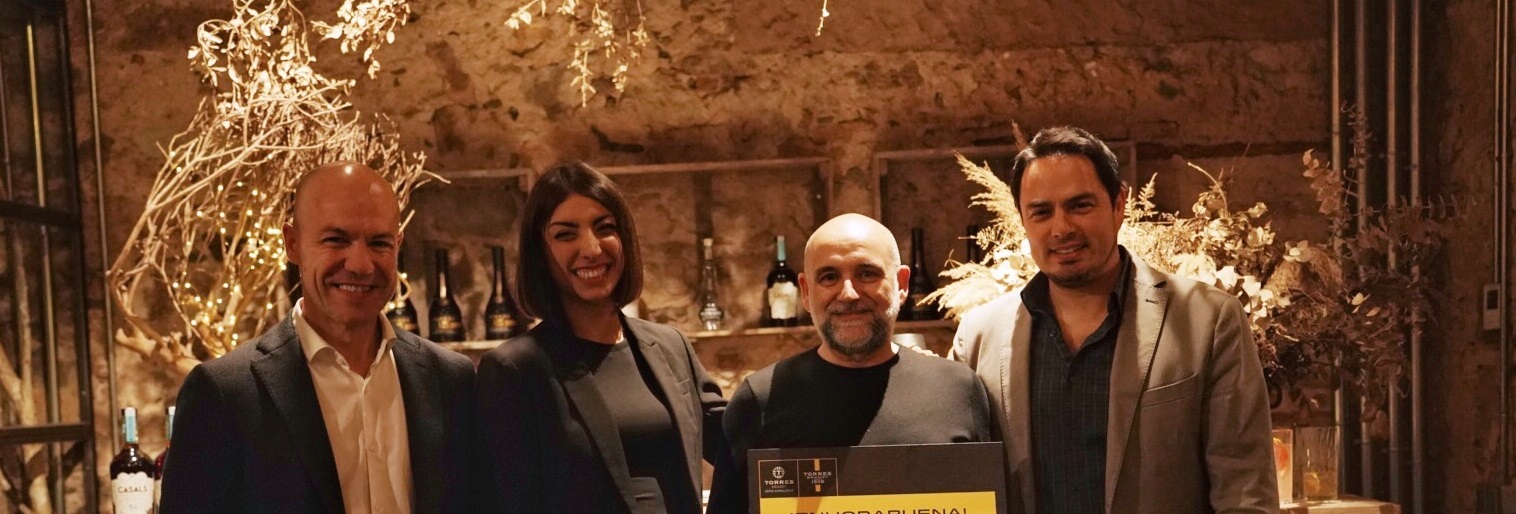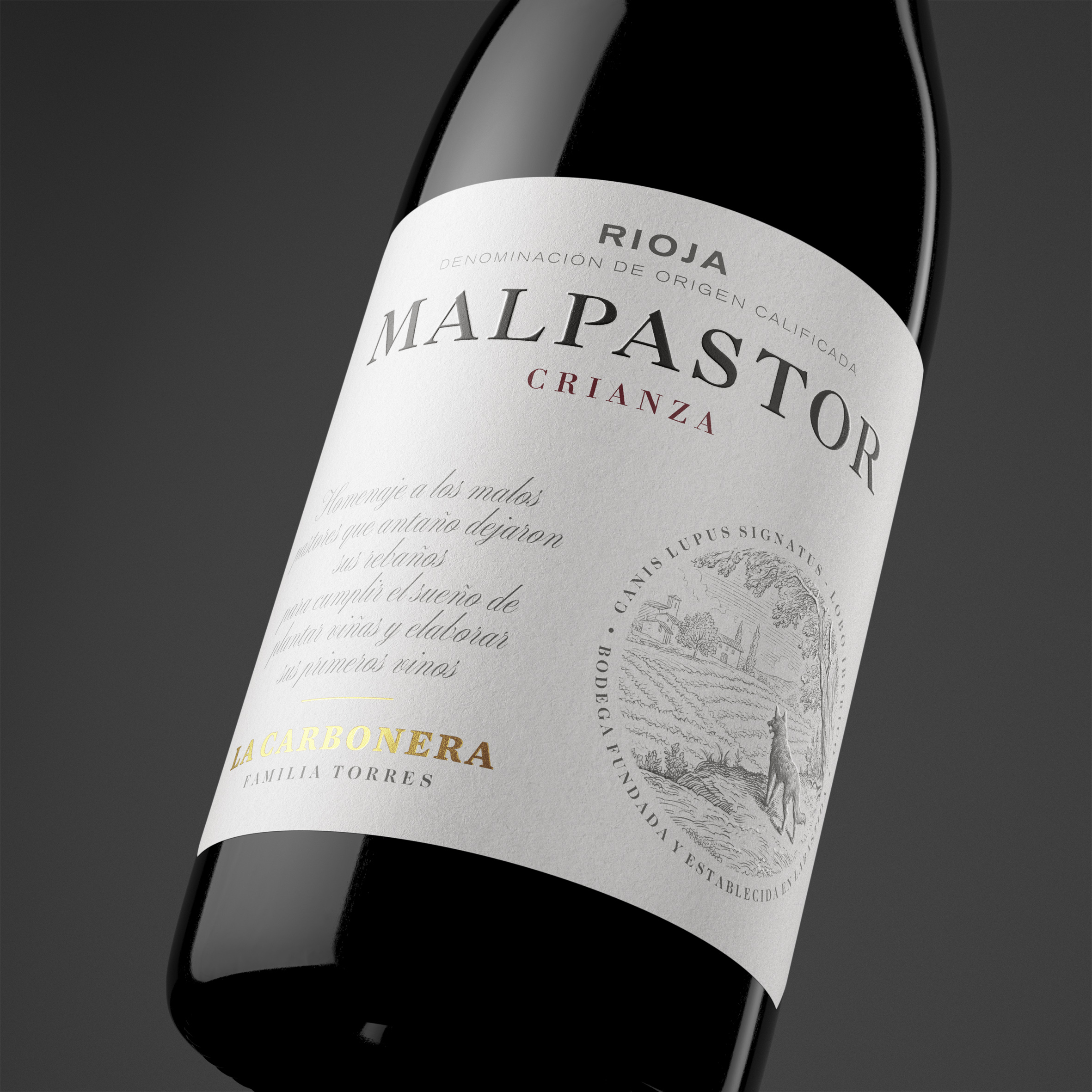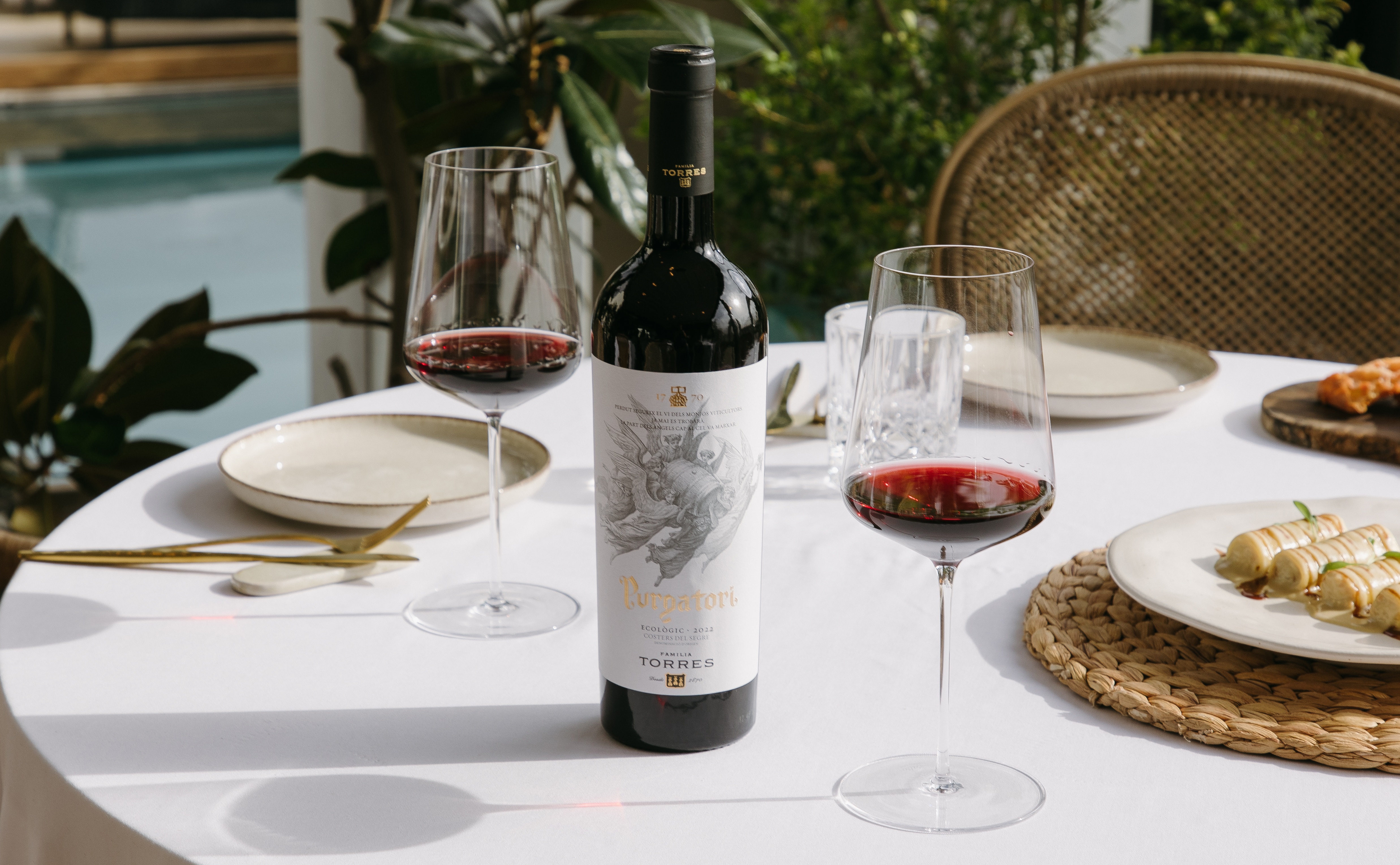Torres Brandy has unveiled its eleven local finalists for the Torres Brandy Zero Challenge, who will compete in the highly anticipated global final in Barcelona from 25th to Thursday 27th March.
In the UK, local finalist Chris Tanner, founder of Dram and Cav, looks to collaborate with biotech innovators such as 'Natural Negative,' creators of sustainable, high-performance materials. Tanner’s project aims to introduce ‘PHA,’ a revolutionary, naturally fermented bioplastic that composts in six months without leaving toxic residues. His goal is to expand this initiative and impact the entire industry.
In the United States, mixologist and cocktail consultant, Lauren Pellecchia’s forward thinking ‘Why trash when you can smash?’ impressed the judges, as an initiative looks to recycle glass to transform its use within the local community. Through finding an abandoned glass crusher at the Merchant Club in Loveland, Ohio, she began recognising the lack of glass recycling options in the area. Through speaking with local farmers, gardening groups and artists, she discovered the great interest in reusing for drainage, mixed media art and other creative applications.
From Canada, Lacey-Jane Roberts, Head Bartender at Published on Main, showcased her community-driven project designed to connect people through shared learning. Her goal is to equip bartenders with skills to minimise waste, reduce landfill contributions, and promote sustainability throughout the industry.
In Mexico, Gerardo Vázquez Lugo of Nicos, is tackling Mexico City’s waste crisis with the country’s first zero-waste system. His initiative processes food waste into compost and agricultural products for local families. Currently recycling 2,600 kg of materials annually and promoting water conservation, the project aims to expand to foster industry-wide sustainability by 2025.
From Spain, Ángel Pérez of the family-run El Pòsit Group is dedicated to sustainability, with a focus on people, products, and the planet. Their project involves building a composter in the central kitchen to transform organic waste into fertiliser, for the fields where their wine and oil are produced.
In Italy, Giovanni Onori, Bar Supervisor at the Bulgari Hotel in Rome, has developed a project based on four core principles: recycling organic waste from the kitchen and bar into compost for fertiliser, installing photovoltaic panels on terrace bars to generate clean energy, repurposing tablecloths and coasters into blankets for Save the Children and homeless shelters, and growing aromatic herbs for in-house use, all while enjoying views of Rome’s skyline.
In Romania, Adrian Epure, owner of and bartender of Bindu Bistro, a renowned vegetarian and vegan bistro in Iaşi, presented a project focused on coffee grounds, which aims to collect these and transform them into a variety of eco-friendly products. These include cups and plates made from bioplastic, biofuel in the form of briquettes, a natural fertiliser for local agriculture, as well as cosmetics. His initiative not only helps to reduce waste, but also creates valuable resourced for the community, showcasing his commitment to environmental responsibility.
In Finland, Mika Ammunét, owner of Bar Mate in Helsinki, has launched ‘Mate Hospitality’, a framework designed to foster a more dynamic, people-focused work culture within the hospitality industry. This initiative aims to improve operational systems, enabling employees to thrive and ensuring that the company adapts to the evolving needs of its team.
Daniel Pappa of SVANEN in Oslo, Norway, has initiated ‘D.G.Æ.’, a project focused on reducing waste by repurposing surplus or damaged farm products into syrups, cordials, sodas, liquors, and fruit wines. This approach supports local farmers, cuts costs, reduces plastic packaging, and lowers carbon emissions associated with imported goods.
From Greater China, Tommy Wong, Manager at the Bulgari Hotel Beijing, is focusing on a creative fundraising campaign dedicated to raising awareness on mental health support for the bar industry through a scalable and sustainable initiative. This campaign will not only raise money but also create jobs that prioritise social inclusion which aims to provide part-time opportunities for individuals with disabilities. The funds raised will be used to distribute free counselling hours to those in need, ensuring immediate help is accessible. Furthermore, this movement aims to promote a culture of inclusivity and support within the industry.
From South Korea, Jaehyung Jung’s project repurposes coffee grounds into valuable products, such as coffee liqueur, syrup, and coasters. As millions of tons of coffee grounds are produced worldwide, his initiative transforms them into stylish, high-quality designs that offer a premium customer experience while promoting sustainability.
The three-day event will welcome the local finalists from the 11 countries around the world, who will pitch their sustainable projects they believe will enhance the hospitality industry and reduce its socio-environmental impact. Each project will be judged by a panel of international experts, including doctor and technical architect Glòria Font Basté, sustainability consultor Jose Luis Gallego, Spirits Global Managing Director of Torres Brandy Christian Visalli and former winner of the 2nd edition of the competition, Alberto del Toro. They will be judging on four areas, the idea, sustainability, the business plan and the future growth, with the winner being granted €30,000 to bring their vision to life within their venues.
The Torres Brandy Zero Challenge was founded to drive environmental commitment in the hospitality industry and raise awareness of the need to act against climate change, as Familia Torres has been doing in the wine sector for over 15 years. Driven by Torres Brandy, this international competition has expanded its scope in 2025 to a wider list of countries and with a greater diversity of projects. In addition to the bar industry, applications were also open to restaurant teams. Each proposal must address specific socio-environmental challenges and have a measurable impact related to the reduction of CO2 emissions or waste, recycling of materials or social inclusion, among other aspects.



